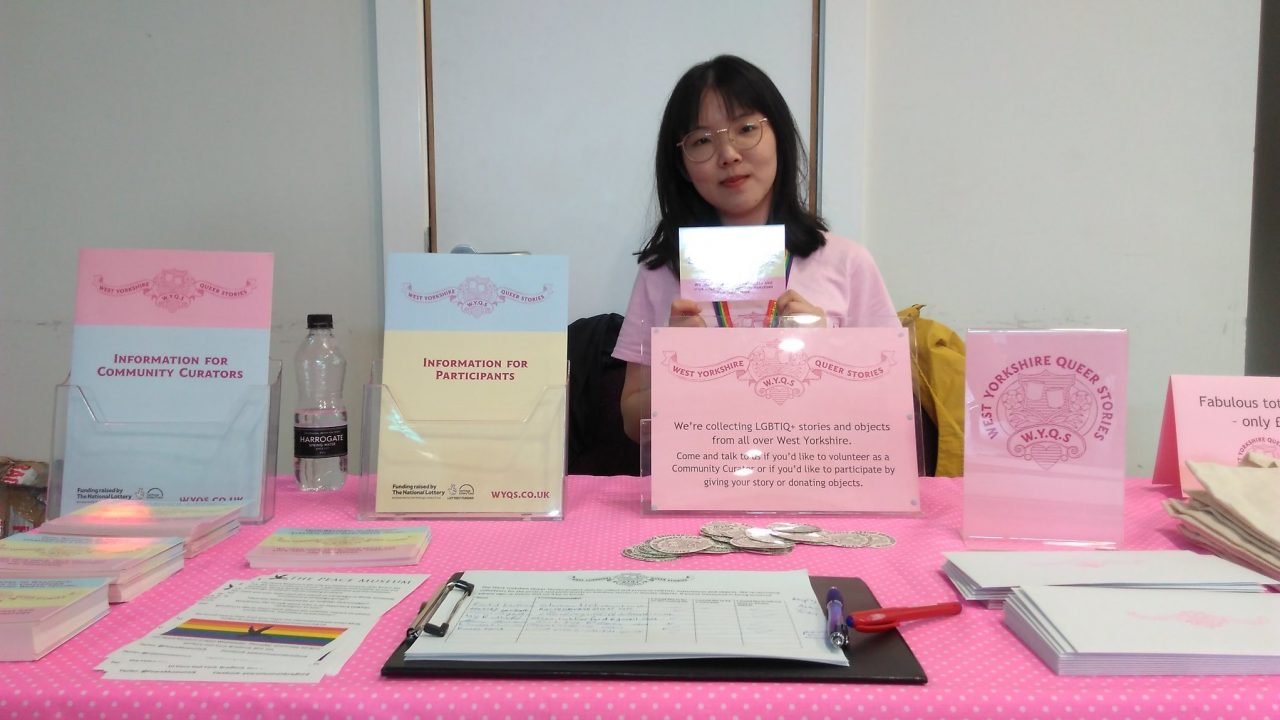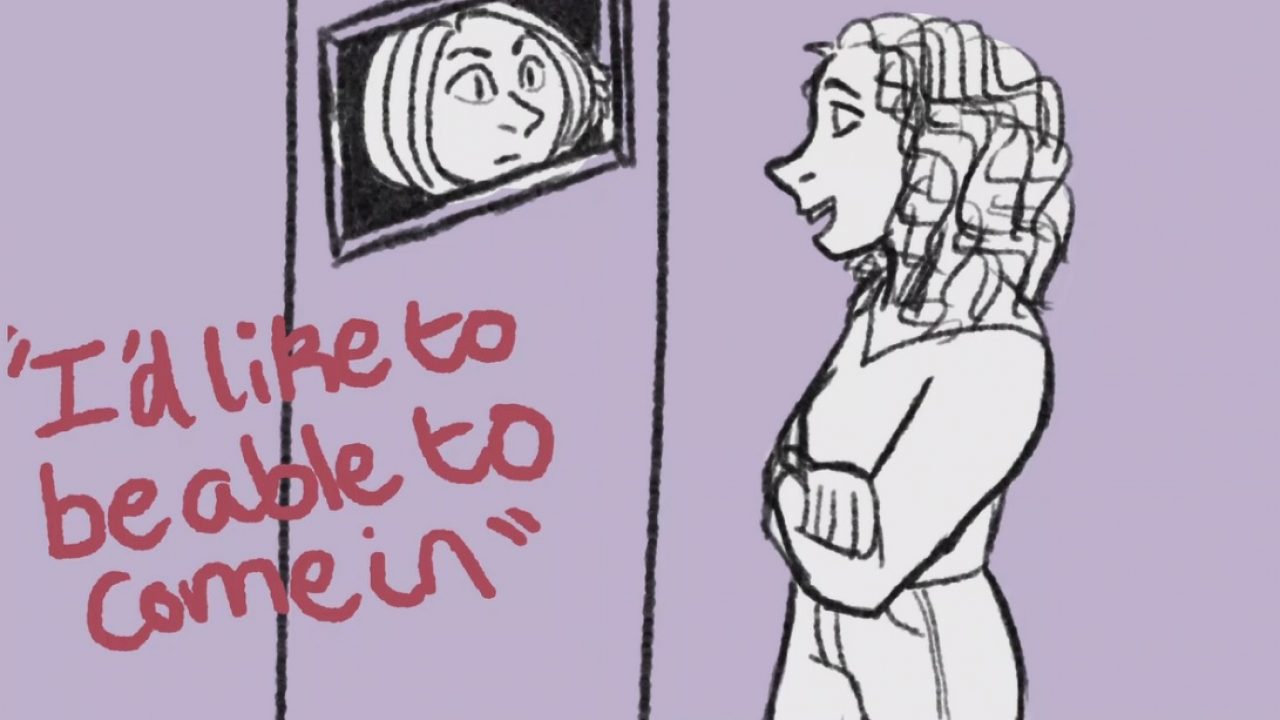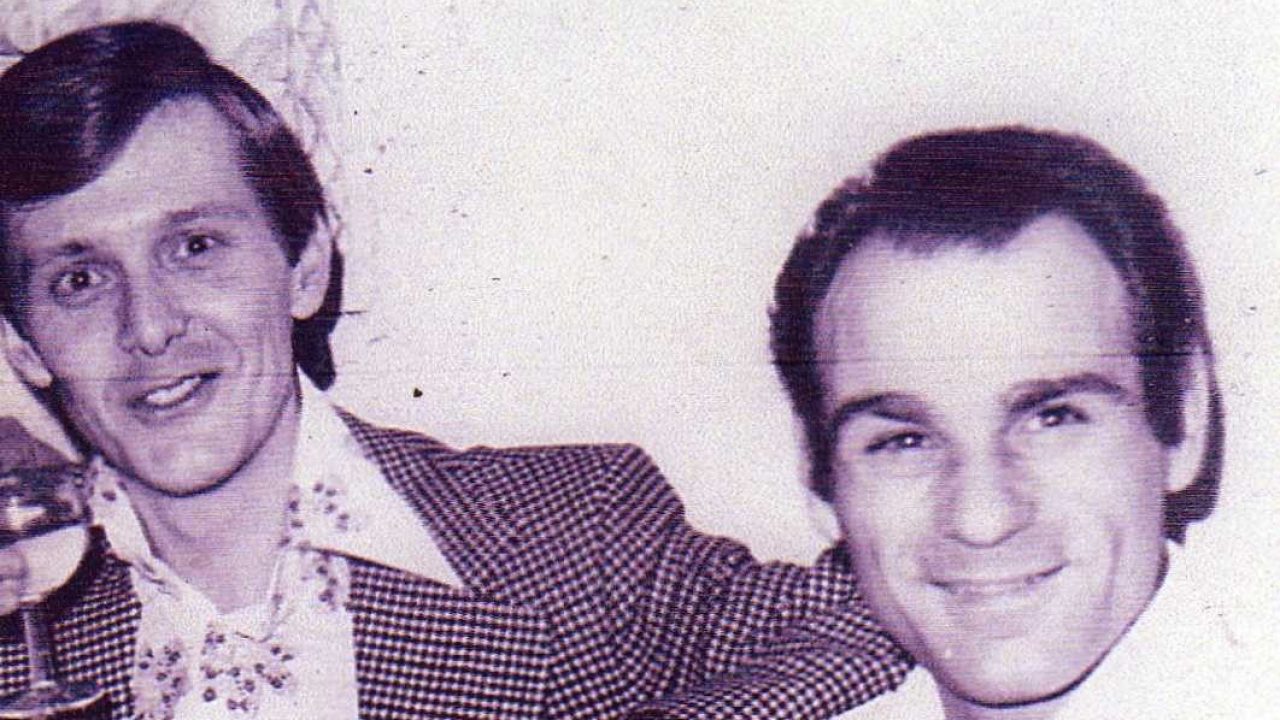The integrity of the West Yorkshire Queer Stories project lay not only within the breadth of voices represented in the collection of stories, but within the collecting process itself. Recording oral histories was at the heart of the project, and WYQS project workers Ray Larman and Ross Horsley trained over 70 volunteers, our Community Curators, to carry out interviews. This training facilitated these volunteers being able to record each other’s stories responsibly and securely. In turn, this allowed participants to speak freely, enabling them to share their stories straight from the heart, uninhibited. By listening to each other, members of the community also learned more about each other, strengthening community ties across the region.
Participants were signed up for the project via groups, events, social media and word of mouth. They were matched up with Community Curators who arranged and carried out oral history interviews, often transcribing them as well. Interviews took place at participants’ homes, MESMAC offices and other venues across West Yorkshire. The length of interviews vary from 10 minutes to hours’ worth of material in some cases; in our collection we have life stories, interviews with couples, and group interviews.
Our oral histories are preserved at the West Yorkshire Archives and appear on the website in the form of clips and full stories. Before they could be included on the website, we needed to listen to the audio, select clips, transcribe them, proofread them and check any restrictions that participants had requested (e.g. the use of a pseudonym). We aimed to transcribe as many full stories as we can.
As well as collecting oral history testimonies, we also collected objects representing LGBTIQ+ life in the region and these became part of Leeds City Museum’s collection. Objects included the travelling badge board from the 1980s LGBT collective, Intentional Promotions; two hand-knitted lesbian jumpers from the early 1980s; and a collection donated by Huddersfield-born queer artist and archivist, Ajamu X.


